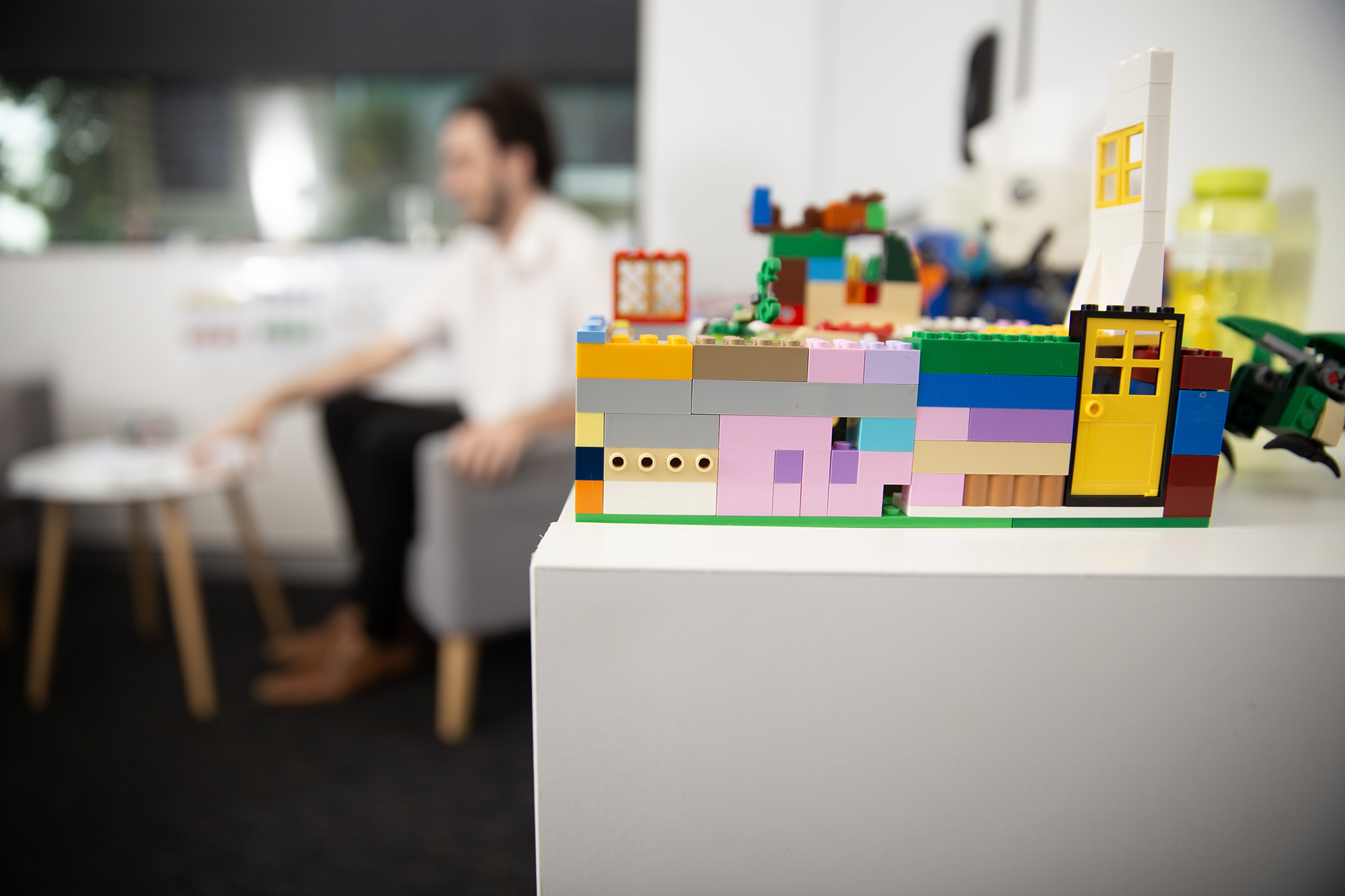- Assessments
- /
- Nutrition
Comprehensive Nutrition Assessment
Our experienced dietitians specialise in paediatric nutrition, ensuring optimal growth and development for our clients.
What to expect from a Nutrition Assessment
At Youthrive, we provide comprehensive and personalised nutrition assessments for children, adolescents and their families.
A nutrition assessment can be completed by a dietitian as a standalone service, or as part of a multidisciplinary feeding assessment (e.g. occupational therapy/speech pathology).
A nutrition assessment is completed by a dietitian and thoroughly evaluates a person’s dietary intake, growth, and health. Identifying nutritional needs and habits, we create tailored plans promoting individual well-being.
The assessment will cover:
- Medical History – We review the child/young person’s medical history, including chronic conditions, allergies, and past illnesses.
- Dietary Analysis – We assess eating habits, meal patterns, and food preferences, identifying any nutritional deficiencies or excesses and evaluating the feeding environment and behaviours.
- Growth Monitoring- We measure height, weight, and body mass index (BMI), comparing growth patterns with standard charts and considering developmental milestones impacting nutrition needs.
- Laboratory Data – We review lab results for nutrient deficiencies and collaborate with healthcare providers to interpret medical data.
- Nutrient Intake – We calculate daily nutrient requirements based on age, sex, activity level, and health status, identifying gaps and formulating strategies to address them.
- Behavioural Factors – We explore psychosocial factors affecting eating habits, such as family dynamics and school environment.

Post-Assessment Support and Recommendations
Once the assessment is complete, we can develop and implement a customised nutrition plan. This plan addresses the identified needs and sets actionable goals, ensuring ongoing support and monitoring for sustained health and development.














